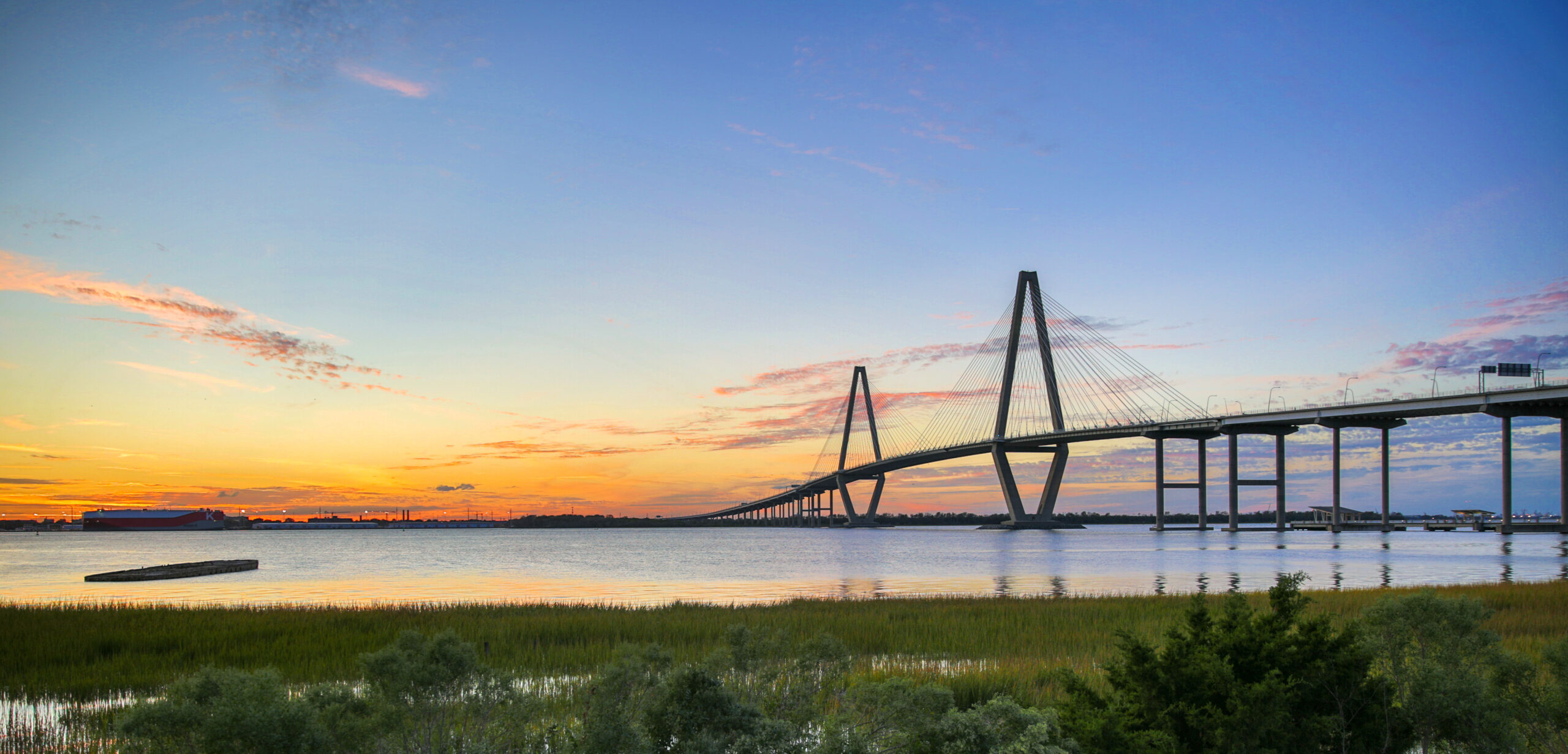
The Charleston Investment Trend Everyone Will Be Talking About
Charleston Market Report – Charleston has long been known for its historic charm, coastal beauty, and thriving tourism industry. But in 2025, the city’s reputation is evolving into something much bigger: a dynamic investment trend hub attracting attention from both local entrepreneurs and national capital. Beneath the cobblestone streets and antebellum architecture, an economic shift is underway that could redefine Charleston’s role in the regional and national market. This trend is not a fleeting wave of hype it is rooted in data, demographic shifts, and the strategic positioning of the city within multiple growth industries.
The Charleston investment story is no longer just about beachfront property or quaint commercial spaces. It now spans advanced manufacturing, technology startups, and a reimagined logistics sector fueled by port expansion and infrastructure upgrades. These developments are drawing investors who once overlooked Charleston in favor of larger metropolitan markets, and the momentum shows no signs of slowing.
One of the primary drivers of Charleston’s current investment appeal is its port. The Port of Charleston has undergone significant modernization, making it one of the most efficient and competitive on the East Coast. This improvement is attracting global shipping companies, increasing cargo throughput, and stimulating demand for surrounding warehouse, industrial, and mixed-use properties.
For investors, this creates opportunities not only in commercial real estate but also in supply chain services, logistics tech startups, and related support industries. The combination of strategic location and upgraded infrastructure is positioning Charleston as a critical node in both national and international trade.
Charleston’s tech sector is also gaining momentum, particularly in niche areas such as maritime technology, aerospace engineering, and clean energy solutions. Companies are tapping into a growing talent pool fed by local universities and research institutions. The cost of doing business remains competitive compared to larger tech hubs, making Charleston attractive to startups and mid-size firms seeking sustainable growth.
The synergy between established industries and emerging technology creates fertile ground for investment. Venture capital activity, while still modest compared to Silicon Valley or Austin, is on the rise, particularly in businesses that bridge Charleston’s traditional strengths with innovative applications.
Population growth is another factor fueling investment interest. Charleston’s quality of life a blend of cultural heritage, coastal recreation, and a vibrant culinary scene continues to attract new residents. This influx drives demand for housing, retail, and services, creating opportunities for real estate developers and small business investors alike.
Even as the cost of living rises, Charleston maintains a relative affordability compared to other East Coast cities with similar amenities. Investors who understand this balance between desirability and affordability are well positioned to benefit from long-term appreciation.
Tourism remains a cornerstone of Charleston’s economy, but it is evolving to align with sustainability and year-round activity. Investments in eco-tourism, cultural preservation, and experiential travel are extending visitor stays and diversifying revenue streams. Boutique hotels, guided heritage experiences, and waterfront redevelopment projects are increasingly attractive to investors looking for steady returns tied to Charleston’s enduring global appeal.
Charleston’s investment landscape is experiencing a rare convergence of factors: infrastructure expansion, industry diversification, population growth, and lifestyle branding. This creates a resilient economic base that can weather market fluctuations better than regions dependent on a single sector. Investors are recognizing the value of entering early, before the trend becomes mainstream and competition drives up acquisition costs.
While no market is without risks, the depth and variety of Charleston’s current growth drivers suggest this is more than a short-lived boom. The trend combines tangible economic developments with intangible lifestyle allure, making it uniquely powerful.
Read More: How a Little-Known Indonesian FinTech Got a $1 Billion
If the current trajectory continues, Charleston could emerge as one of the Southeast’s most influential investment markets within the next five years. The key for investors will be to identify opportunities that align with the city’s strategic growth sectors while respecting its cultural and environmental heritage.
By the end of 2025, expect Charleston’s investment story to be part of national conversations not just in real estate circles, but across technology, logistics, and lifestyle investment forums. For those ready to take a closer look, the city’s unfolding transformation could prove to be one of the most rewarding stories of the decade.
This website uses cookies.